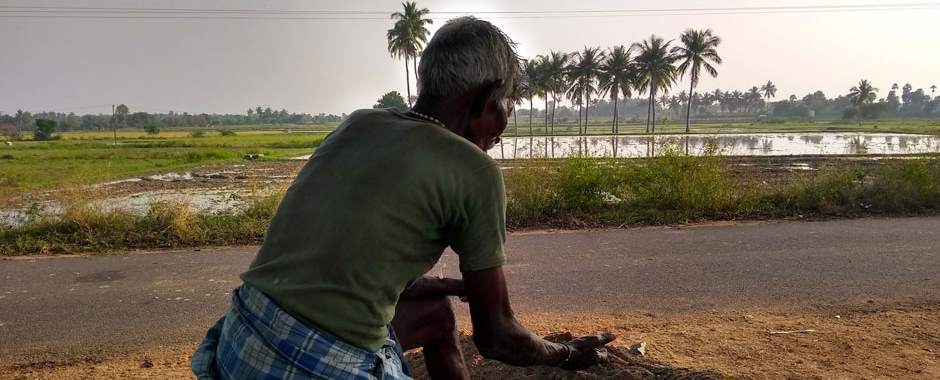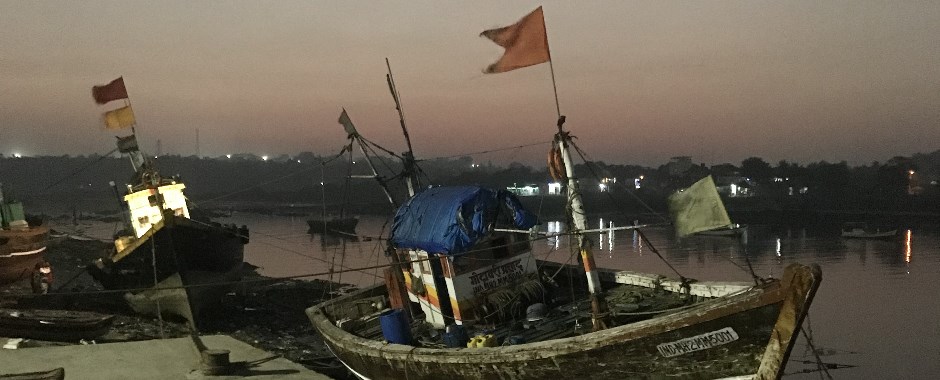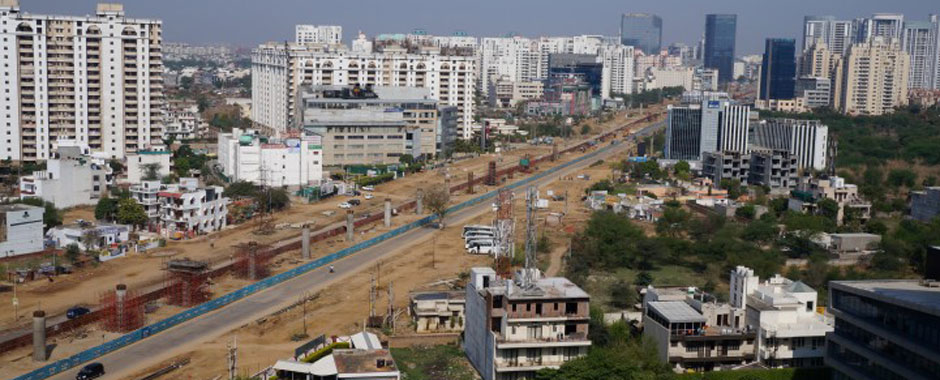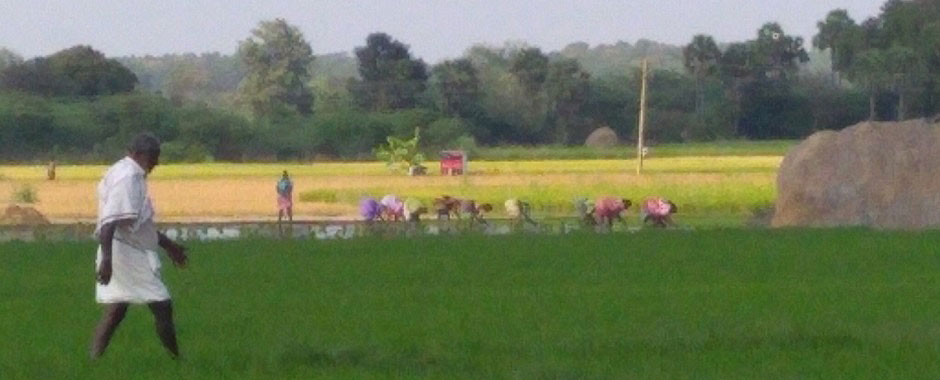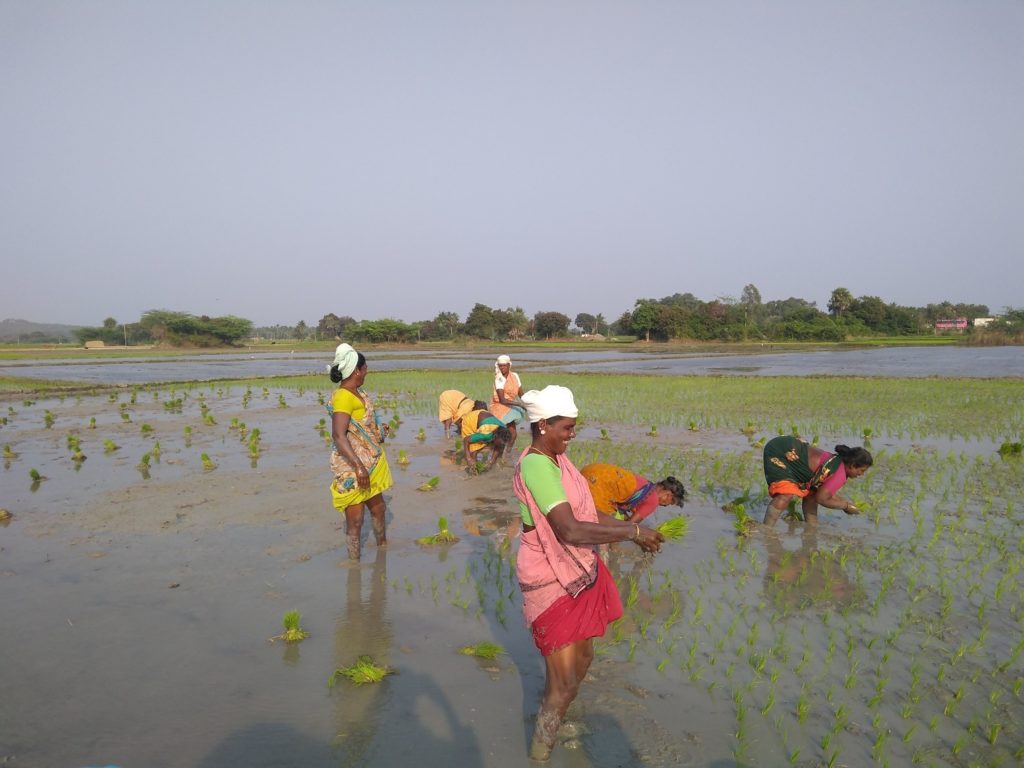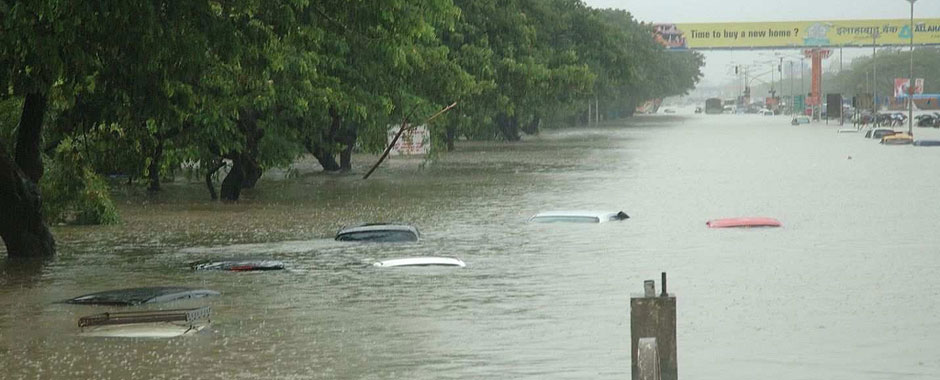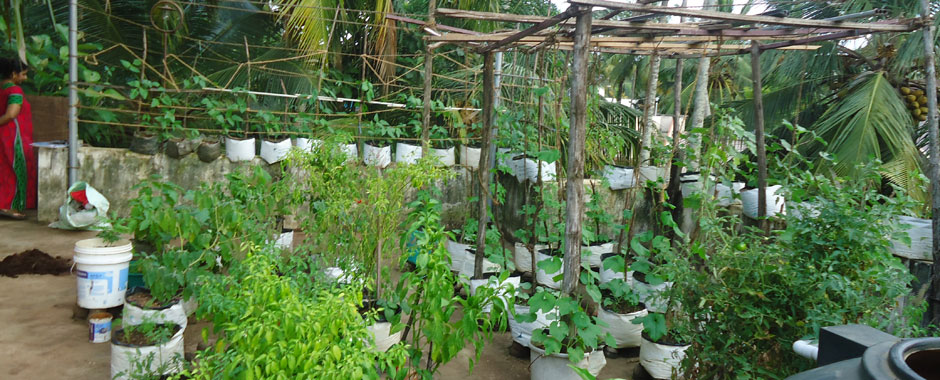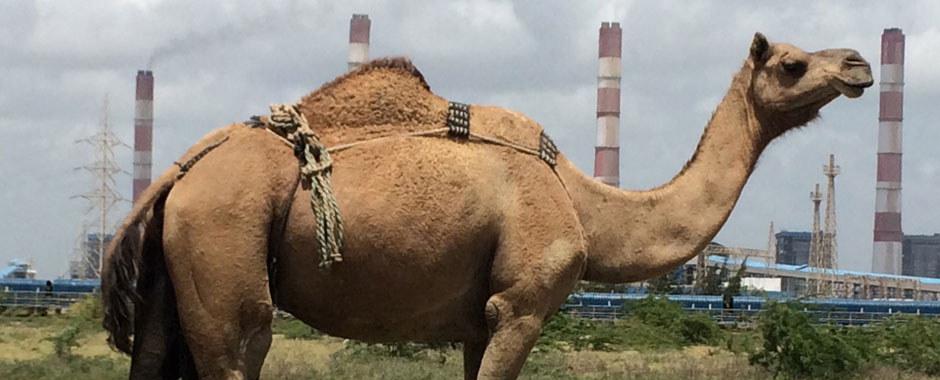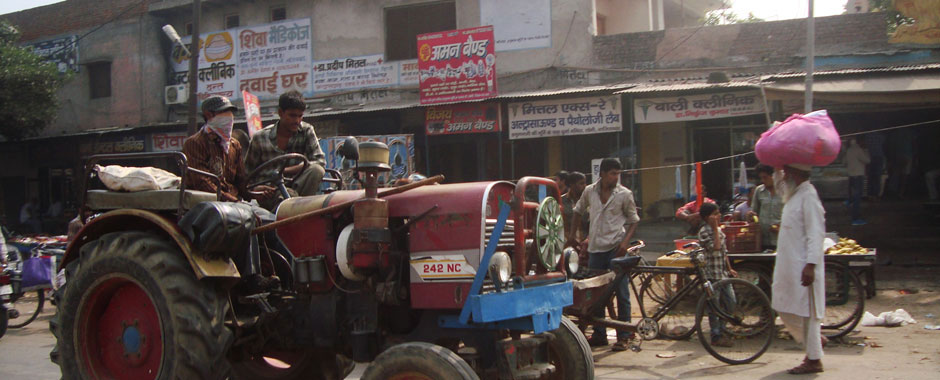The dramatic increase in yields of wheat and rice in the 1960s and 1970s in India, along with many other countries in the post-colonial world, was framed as a technological…
What is revolutionary about the Green Revolution?
Water crisis’ disproportionate toll on women can no longer be ignored
STEPS member Lyla Mehta has written an article with Ria Basu for the Indian magazine Firstpost about the impacts of ‘water crisis’ on women. Often, access to water is about…
Views from the coast: uncertainty beyond climate change
Coastal areas are a poster child for climate vulnerability. They are marked and scarred by sea level rise, salinization, warming water, declining fish stocks, storms, changes in currents and weather…
The Power of a T-Lab: Sharing lessons on water and justice in Gurgaon, India
by Dinesh Abrol, Pravin Kushwaha and Bikramaditya K. Choudhary, South Asia Sustainability Hub & Knowledge Network. As big cities change rapidly, people moving into them can struggle for access to…
Uncovering Transgressive Solidarities
By Divya Sharma, Relational Pathways project In the Relational Pathways project, we are trying to understand the pathways in and out of poverty for farmers in India and Kenya. ‘Green…
Contextualising life histories in Tamil Nadu
by Divya Sharma and V. Gajendra, Relational Pathways project In the Relational Pathways project we are trying to understand the pathways in and out of poverty for farmers in India…
Why Mumbai’s floods are an urban planning disaster
by Hans Nicolai Adam, Lyla Mehta and D. Parthasarathy, Climate Change, Uncertainty and Transformation project As Houston was inundated by ‘biblical’ rainfall and grapples with extreme flooding and its aftermath,…
How Kerala is making the transition towards healthy, home-grown food
In Kerala, agri-food systems are in transition towards self-reliance and sustainability. Through bringing traditional gardening into the mainstream food agenda, and adopting technologies and practices like agroecology, growers and consumers…
Livelihoods on the edge: contested mangroves in Kachchh
There is a real buzz about Mundra village on the Gulf of Kachchh coast, one of the fastest growing industrial hubs in India. A sprawling port, two of India’s biggest…
What does the future hold for Delhi’s urban farmers?
A new digital story and photo book show the dilemmas facing urban farmers at the edge of Delhi and Ghaziabad in India. Surrounded on all sides by rapid urbanisation, industry…
